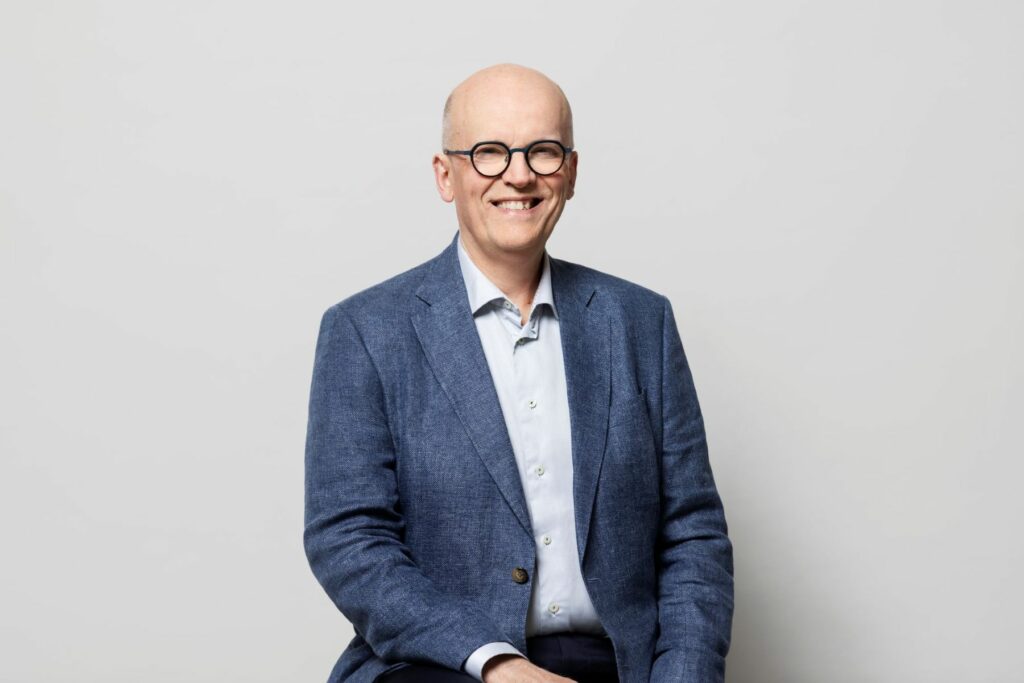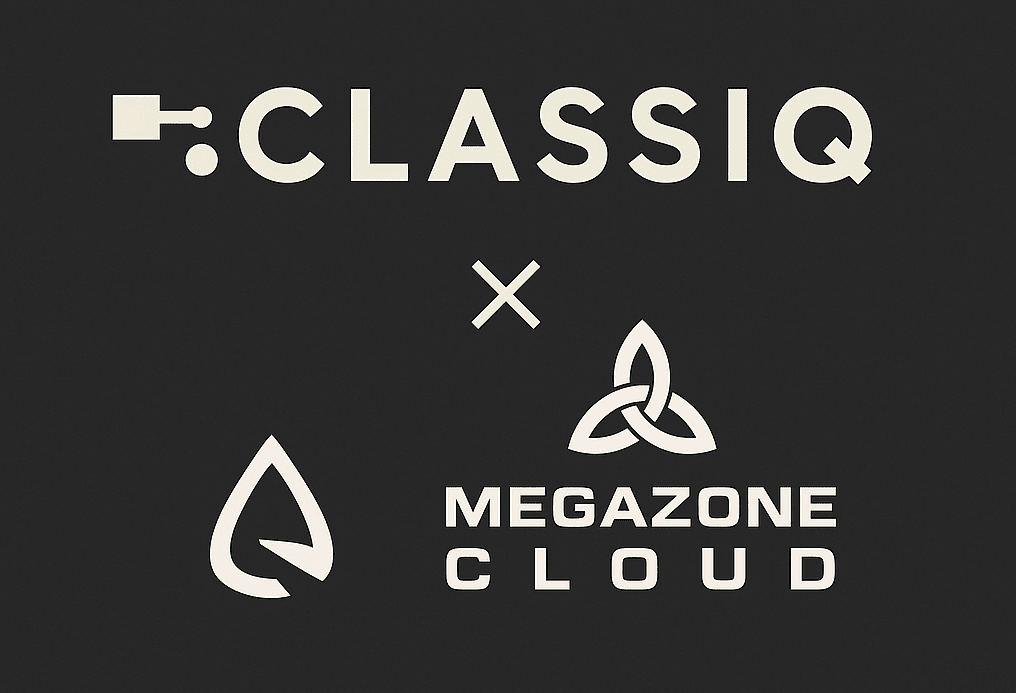Insider Brief
- PASQAL and Qubit Pharmaceuticals are among the 12 selected performers for the Quantum for Bio program in consortium with the Unitary Fund.
- Quantum for Bio aims to accelerate the use of quantum computing in healthcare by developing applications that will benefit from the arrival of quantum computers.
- The companies will receive $4.5 million of the total $40 million awarded through the various milestones.
PRESS RELEASE — PASQAL, a leader neutral atoms quantum computing, and Qubit Pharmaceuticals, a deeptech company specializing in drug discovery through simulation and molecular modeling accelerated by hybrid HPC and quantum computing, announce that they are among the 12 selected performers for the Quantum for Bio program in consortium with the Unitary Fund, the leading open-source non-profit in quantum technologies. Launched in spring 2023 by Wellcome Leap, an offshoot of the Wellcome Trust, Quantum for Bio aims to accelerate the use of quantum computing in healthcare by developing applications that will benefit from the arrival of quantum computers within 3-5 years.
Quantum For Bio program winners include stalwart organizations such as: Algorithmiq Inc; Cleveland Clinic; Infleqtion; Harvard University; NASA Ames Research Center; PASQAL-Qubit Pharmaceutical- Unitary Fund; qBraid Co; QC Ware Corp; The University of Sydney; University of Cambridge; University of Copenhagen; University of Nottingham.
Pasqal and Qubit Pharmaceuticals are the only French consortium to be awarded a prize in this global call for projects. Together with the Unitary Fund, they will receive $4.5 million of the total $40 million awarded through the various milestones under the Quantum for Bio program. Among the 12 selected performers honored by Wellcome Leap are NASA and the universities of Harvard, Cambridge, Copenhagen and Sydney.

New quantum algorithm for drug discovery
The goal of the project is to design a new quantum algorithm that will accelerate the discovery of drugs based on small chemical molecules, and to implement it on PASQAL’s neutral atom quantum computer. Planned to last 30 months, the project comprises three milestone phases for the funding allocation. During the first one-year phase, starting in September 2023, PASQAL and Qubit Pharmaceuticals will combine their expertise to design the new algorithm aimed at correctly predicting the reactivity of proteins in the presence of an aqueous environment. For its part, the Unitary Fund will introduce software optimizations and error mitigation compilation, and carry out a comparative study of the algorithm’s performance on PASQAL’s analogue quantum machines versus digital machines. This phase will be followed by numerical tests and, finally, by the implementation of the algorithm on PASQAL’s quantum computers in 2025.
Loïc Henriet, CTO of PASQAL, comments: “Quantum computing has the potential to revolutionize the pharmaceutical industry, and the partners in the consortium bring together all the expertise needed to target high-impact results for the field in the short term. We hope that the high level of maturity of the neutral atom quantum processors developed by PASQAL will enable innovative solutions to be tested on full-scale problems as early as 2025, permitting new innovative solutions to be applied to a large number of real-life applications as early as 2025. We would like to thank the
Wellcome Leap organization for the trust placed in our project.”
Jean-Philip Piquemal, Co-Founder & CSO of Qubit Pharmaceuticals, comments: “We are proud to participate in this ambitious project alongside Pasqal and Unitary Fund. Our selection by Wellcome Leap confirms the excellence of French start-ups in the quantum sector. This work will accelerate drug discovery through simulation and modeling. The new algorithm is used in the early stages of the process – target identification and technical evaluation. The more we know about the target’s behavior, the better we’ll be able to predict what type of molecules can potentially interact with it. This will enable us to accelerate the next stage, namely the virtual identification of “hits” and, consequently, the development of new drugs. Qubit Pharmaceuticals’ objective since its creation has been to halve the time needed to screen and select a candidate of interest, and to optimize it; and to more than halve the investment required.”
If you found this article to be informative, you can explore more current quantum news here, exclusives, interviews, and podcasts.
















